Krabi Krabong: The poetry in motion of Thai martial arts
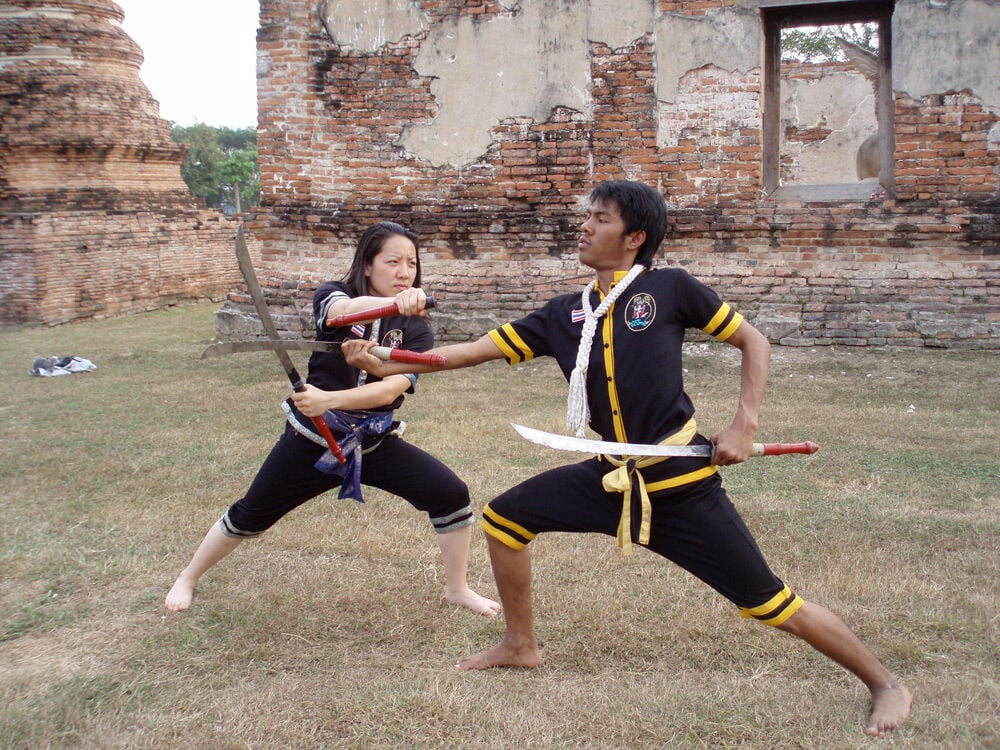
Often underrepresented on the global martial arts stage, Krabi Krabong nevertheless stands as a vital and captivating tradition deeply rooted in combat styles worldwide. It carries a distinctiveness marked by elegance, dexterity, and meticulousness, exuding the flavour of centuries-old Thai ancestry. It harmoniously melds an organic blend of physical combat techniques with a copious cultural storyline.
What is Krabi Krabong
A Historical Lens into Krabi Krabong
Originating from the battlefields of ancient Thailand, Krabi Krabong flourished during the Ayutthaya Kingdom, overshadowing its genesis as an integral part of the warrior training. Hardened soldiers learned the martial arts to defend the kingdom against foreign invasions.
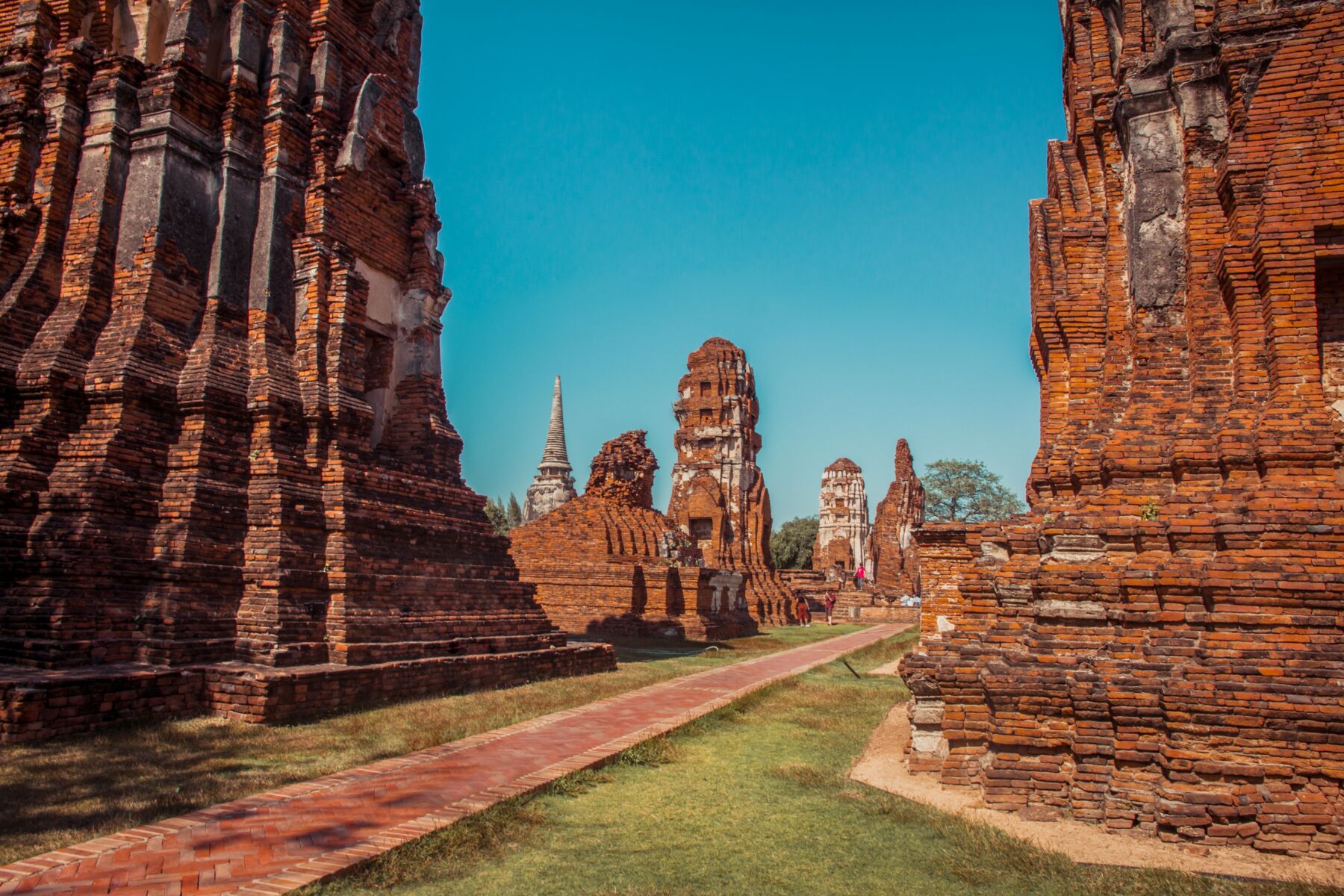
While its popularity dwindled with the advent of modern warfare techniques, Krabi Krabong survives today as a vibrant and integral performance art, highly revered within the culture and traditional festivities.
Deciphering the Techniques of Krabi Krabong
Krabi Krabong requires the deft use of various weapons. The name itself originates from ‘Krabi’ representing a curved sword, and ‘Krabong’, symbolising a staff or pole. Weaponry forms the heart of this art, with the practitioners, known as Nak Muay, showing adept swordsmanship complemented with fluid movements.
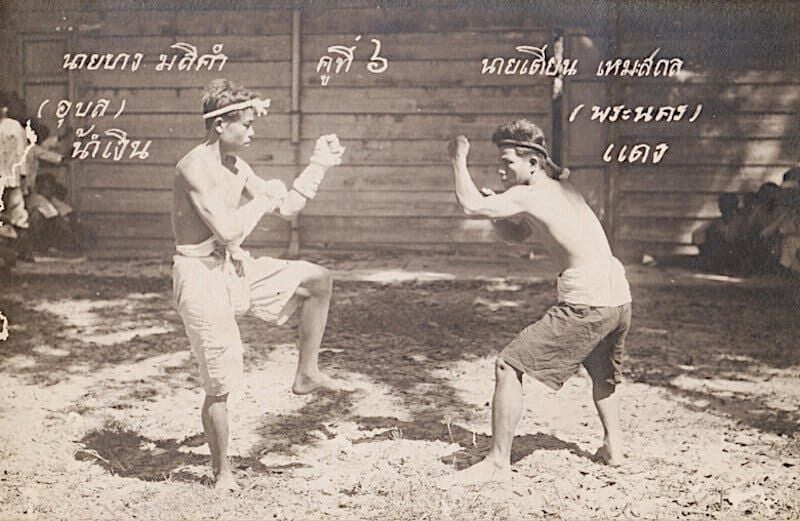
Ranging from single and double sword techniques to intriguing staff movements, Krabi Krabong also includes unarmed combat teaching, called Muay Boran. This ancient boxing technique, the precursor to modern Muay Thai, leverages the human body as a weapon. It is renowned for its eight-arm technique, mirroring the weapons of a warrior.
The Ballet of Battle
Underpinning the merciless strikes and adroit footwork, Krabi Krabong carries the rhythm of a dance aligned with the cadences of Thai music. The rhythm often dictates the speed and intensity of the performance. From the lightning-fast sword strikes to the slower, deliberate moments of anticipation, each movement carries a poetic grace that infuses the combat practice with alluring aesthetics.

It is a beautiful balancing act of aggression and elegance, power and poise, embodying both the attacking vigour and protective manoeuvres of a skilled warrior. The performances often include intricate routines performed amidst traditional music, baffling the audience with its perfect fusion of combat and culture.
Where can you experience Krabi Krabong today?
The modern times
Krabi Krabong is not just a martial art—it binds people in a shared history, serving as a vibrant cultural fabric. Its presence in many Thai festivities and ceremonies, including the fascinating Armed Forces Day parade, reinforces its cultural significance. Nowadays, Krabi Krabong schools across Thailand uphold traditional techniques while carefully infusing modern training methods to keep the art alive and dynamic.
Experiencing the martial art up close
Krabi Krabong is showcased in a variety of locations where you can not only witness it but also try it out. As mentioned already, there are a variety of schools that teach Krabi Krabong and the institutions that teach can range from dedicated schools to top Muay Thai schools that include this art in their curriculum. In these places, you will also be taught some Muay Boran (an unarmed Thai martial art) in conjunction as these two martial arts complement each other.
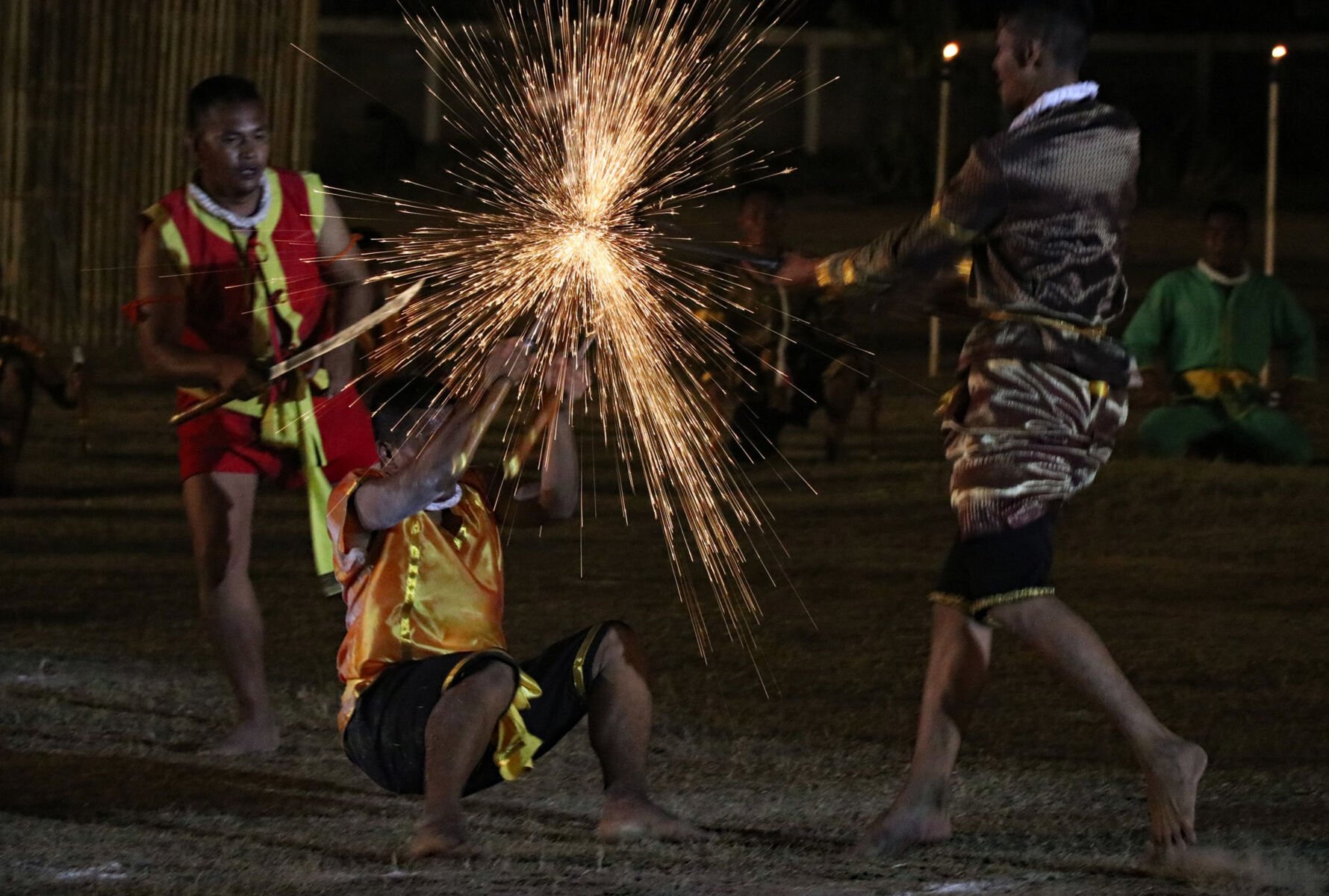
If you want to see Krabi Krabong up close instead, there are various ceremonies and festivities that you can attend the performances. More famously you see showcase recreations of humorous Muay Thai fights and a reenactment of King Naresuan’s battle against the invading Burmese. Here, you will see the use of choreographed fights in their flashiest and most spectacular style.
Asian martial arts lovers and cultural explorers alike are enthralled with Thailand’s indigenous martial art, Krabi Krabong. Its methods and discipline are clearly valuable outside cultural boundaries, making it much more than just an artistic medium.
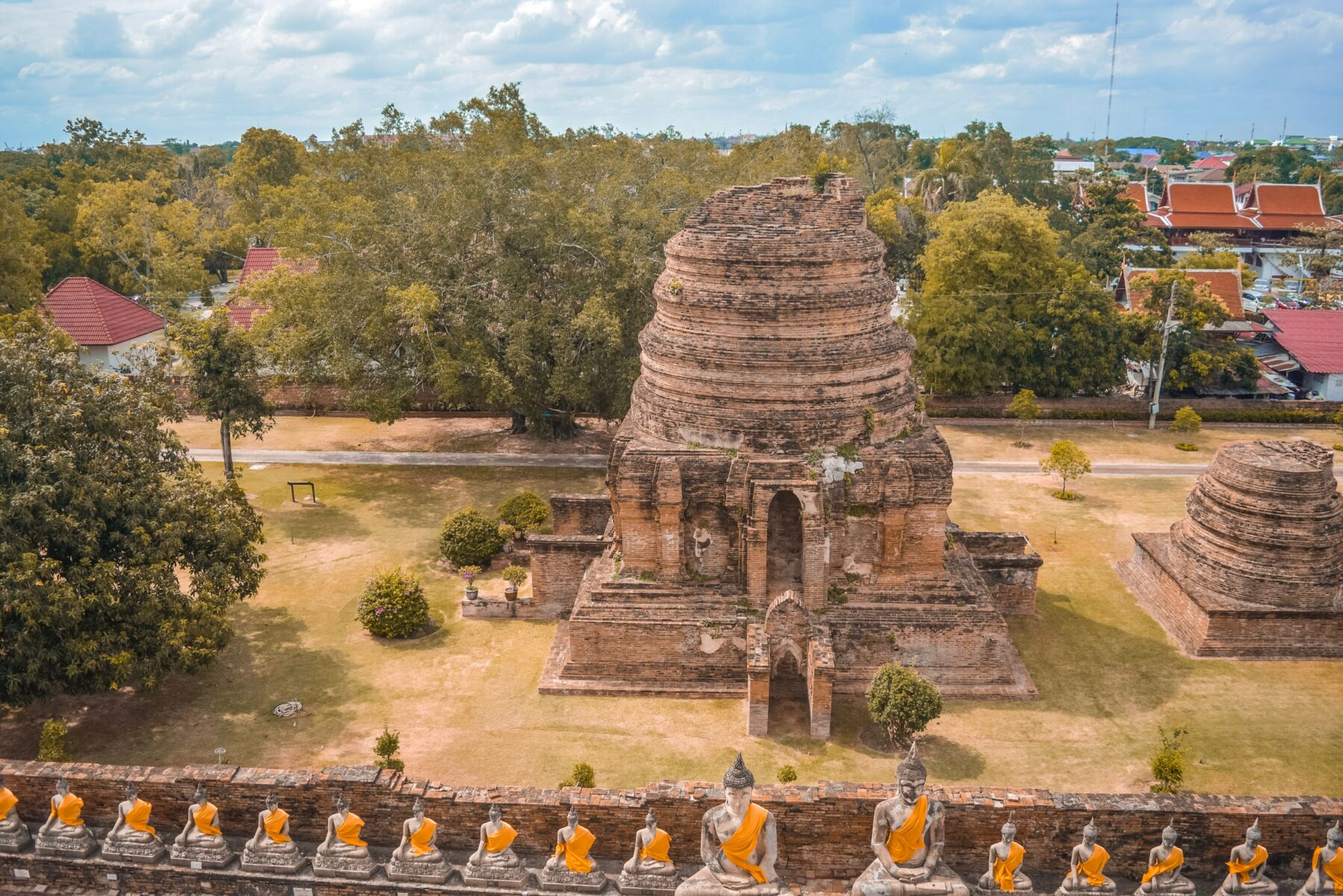
The deep soil of Thai culture and history is where its roots are securely rooted. This martial art has managed to preserve its historical significance while adjusting to the changing needs of society as a performance, a competitive sport, and a mode of self-defence. Thailand’s vast cultural diversity and depth are powerfully demonstrated by its lasting popularity.
Does Thai martial arts pique your interest? You can learn more about Thailand’s national martial arts with our article about the origins of Muay Thai.
Latest Thailand News
Follow The Thaiger on Google News:


























